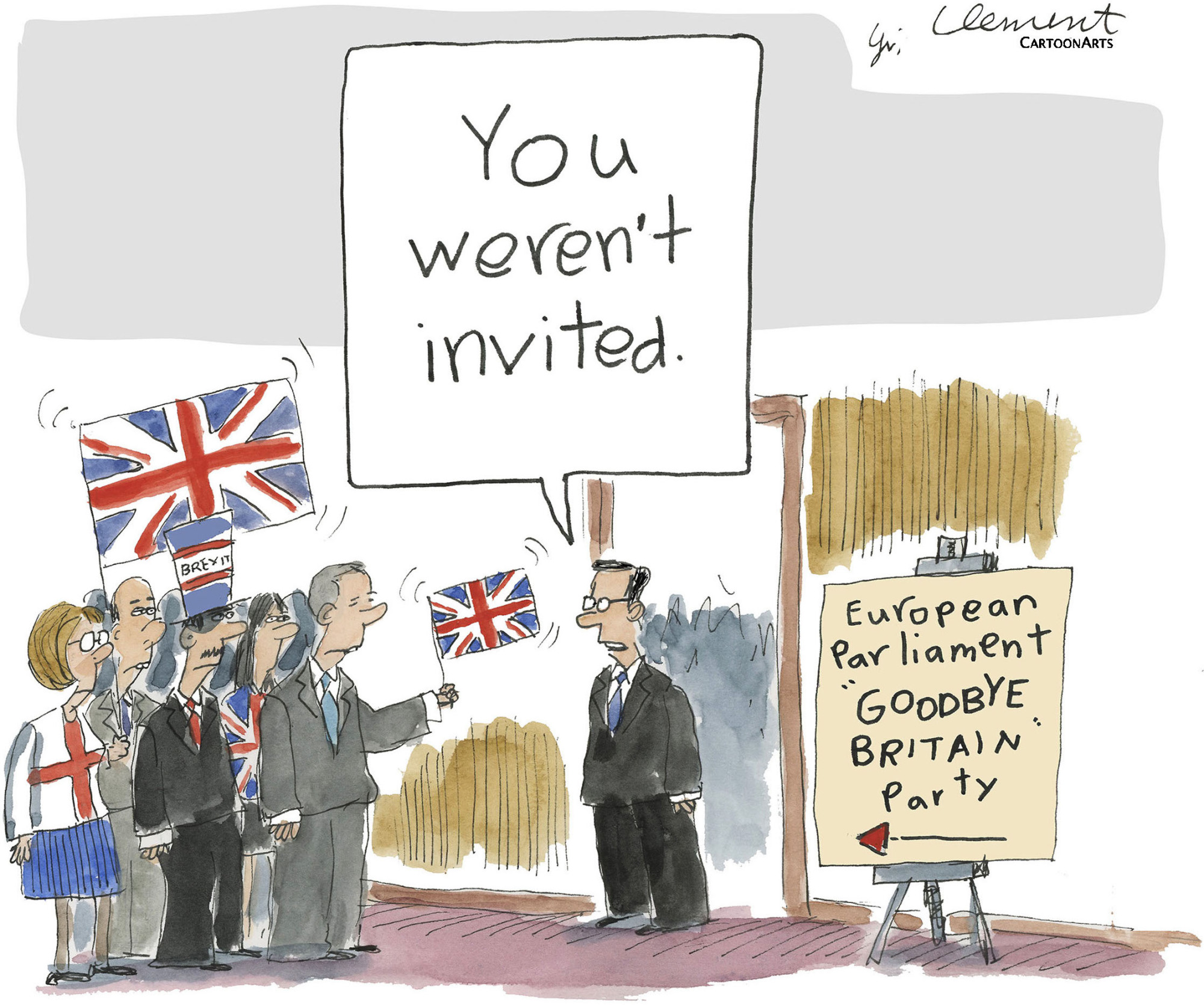The United Kingdom left the European Union at the end of January — an outcome that had been made certain when Prime Minister Boris Johnson led the Conservative Party to a resounding victory in the December general election. Brexit will influence the future direction of not only the U.K. but Europe as well, and it seems likely that it will alter the power balance between Germany and France in particular.
In a geopolitical power shift, Germany rapidly achieved economic ascendancy over France in the post-Cold War period.
German industries were powered by cheap labor from the former East Germany. Former Chancellor Gerhard Schroeder's labor reforms capped wage increases, which enabled Germany to meet the rise of China with a dramatic increase in exports to the country and, after the introduction of the euro, achieve trade surpluses within and outside of the EU. Between 1997 and 2007, the euro became Germany's "magic mallet" as it quadrupled trade surpluses with other European countries. German share prices increased sevenfold in value in the 30 years following the end of the Cold War.


















With your current subscription plan you can comment on stories. However, before writing your first comment, please create a display name in the Profile section of your subscriber account page.